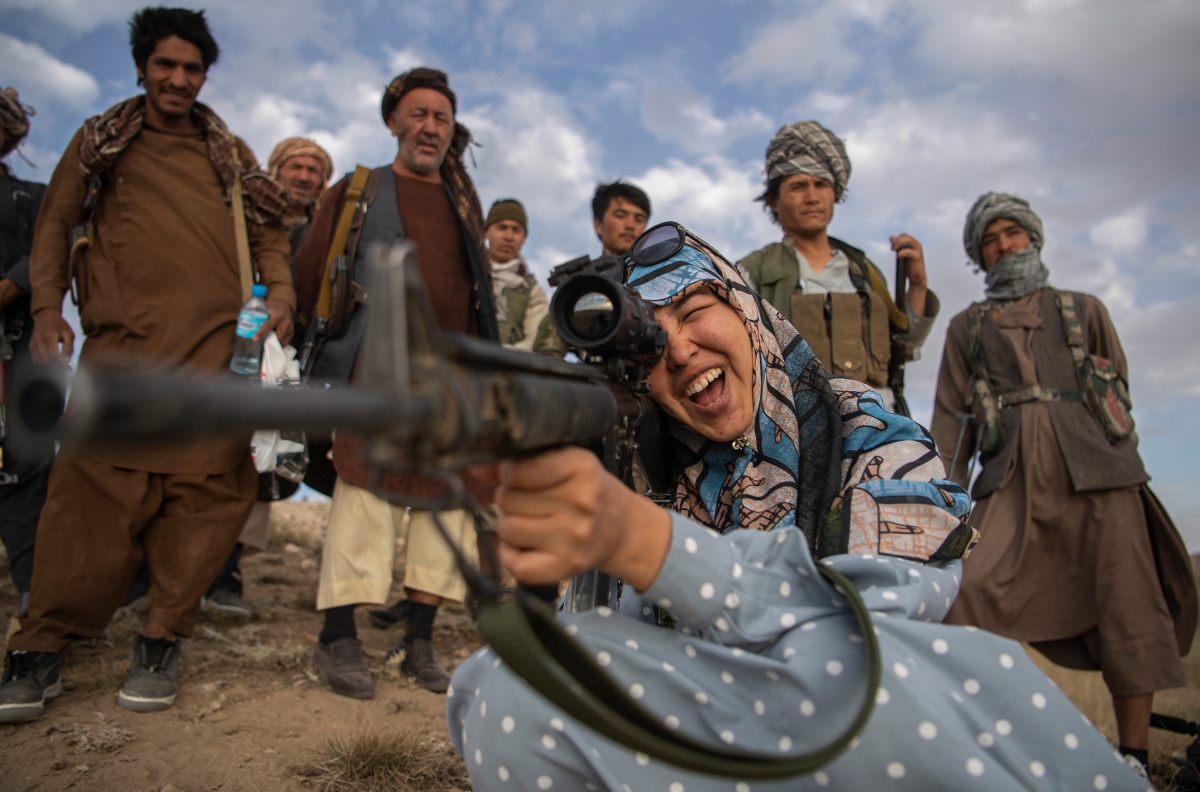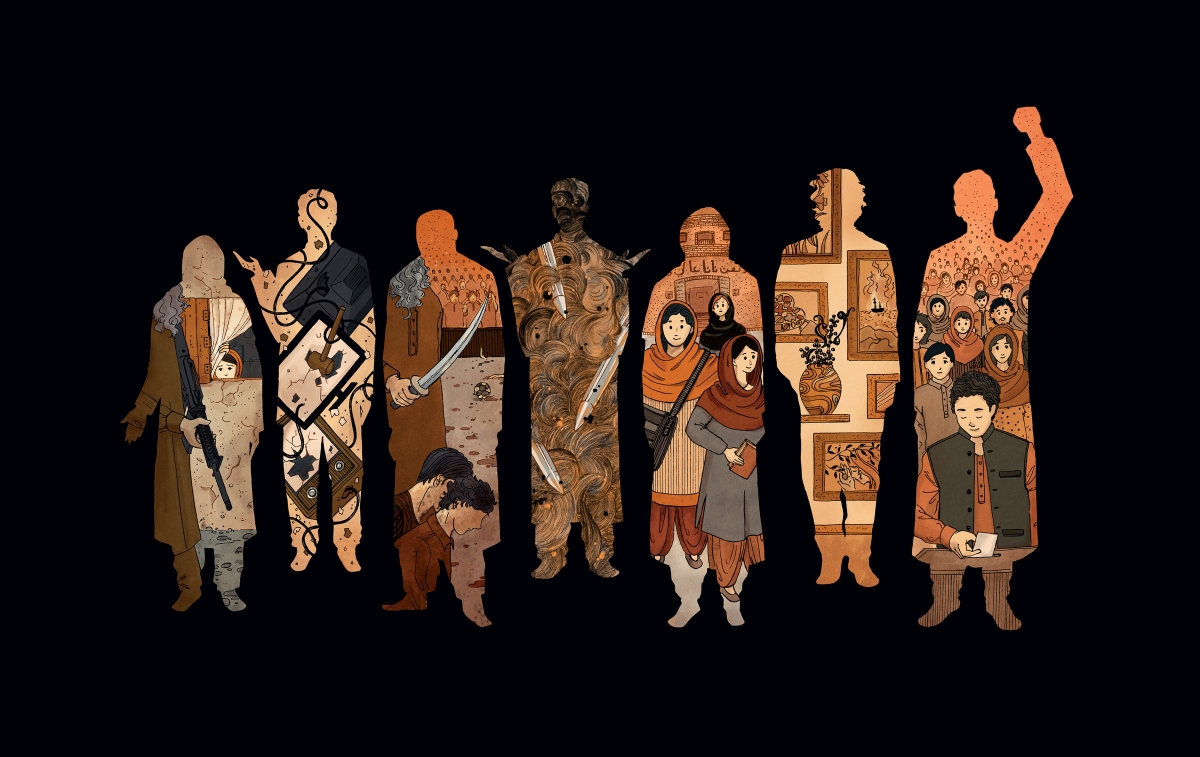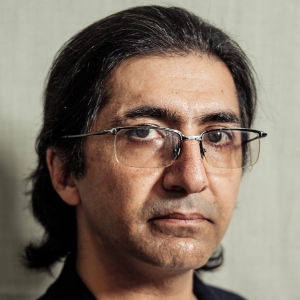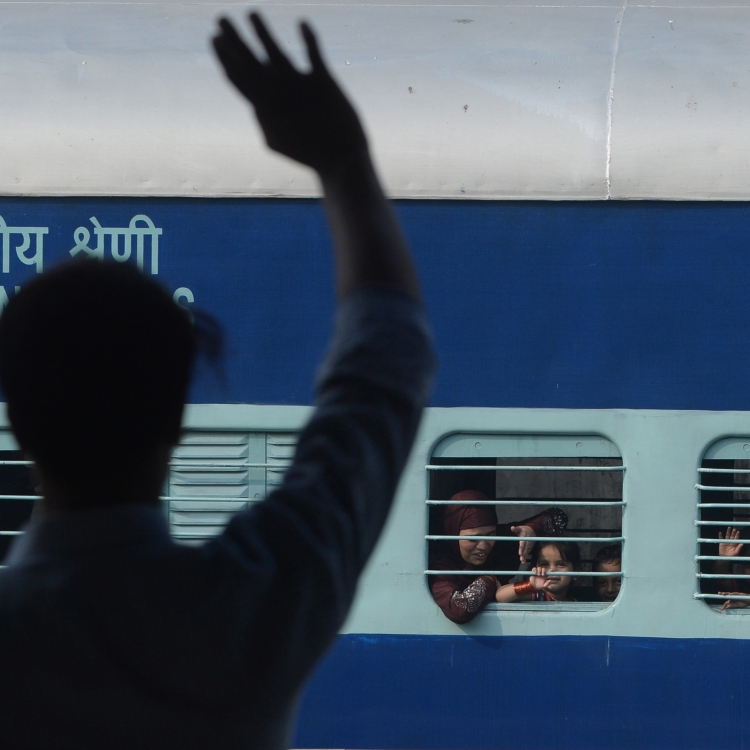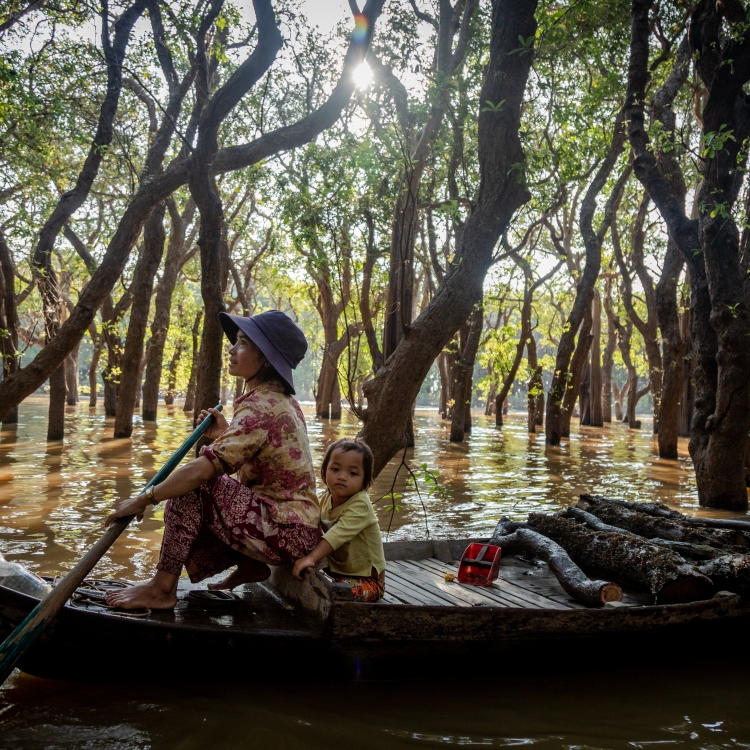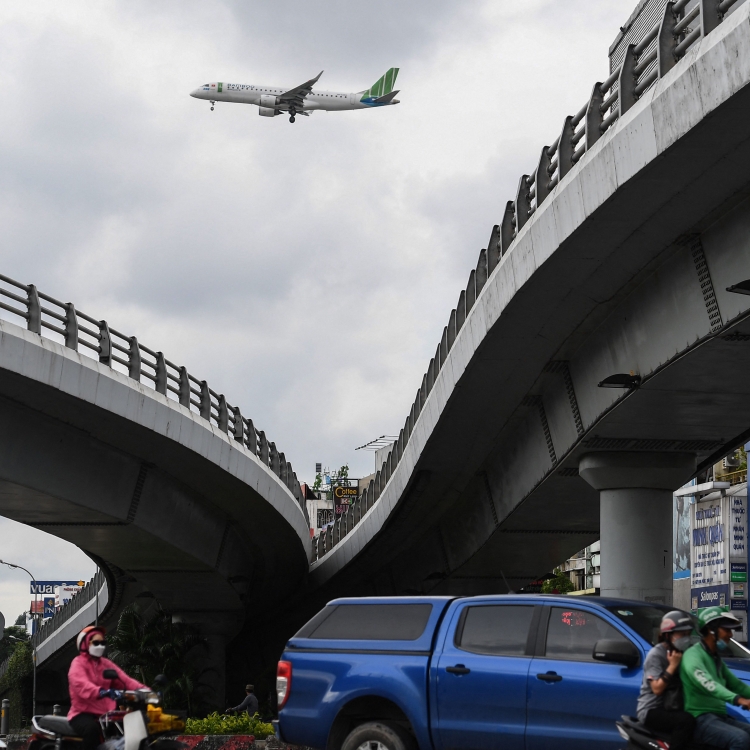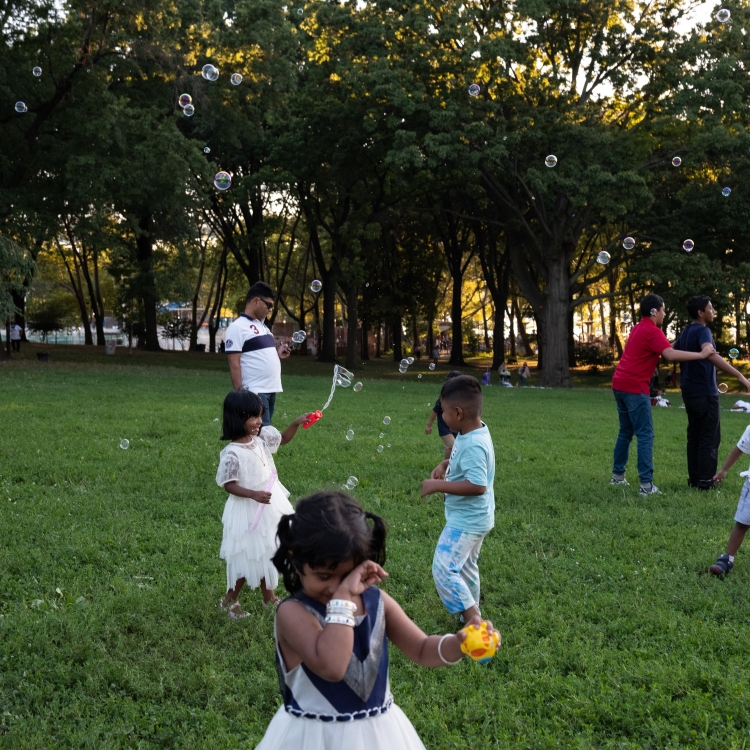magazine text block
While I was on assignment in war zones across Afghanistan in the summer of 2021, I didn’t want to admit it — but the country’s fate felt inevitable. In Bamyan, the Taliban were entering villages and demanding lists of virgins and unmarried girls, so they could be married to Taliban soldiers. And in Balkh Province, in the north, government officials admitted that the Afghan military was running out of bullets.
It became achingly clear they were also running out of time. We all were.
The last place I visited was Herat, a major, strategic city — the second largest in Afghanistan after Kabul. By the time we arrived, the Taliban had surrounded the city and controlled the road leading from the airport. Upon landing, I stayed in the airport for seven hours, unsure what to do. I eventually paid a large sum for a driver who promised to drive fast and not stop, even if he saw Taliban fighters present. I hid in the backseat, and we made it to the hotel safely. Once there, it became clear that the Taliban were in control — the Afghan government was no longer defending the city. Throughout Afghanistan’s history, once Herat falls, it’s only a matter of time before Kabul falls next.
My flight back to the capital was canceled, so I booked two more, hoping I could board one of them. I also booked a flight from Kabul to the Netherlands, where I had a short-term visa. The CIA estimated that once Herat had fallen, Kabul might collapse in 90 days. Some journalists I knew thought it would be a month. Having traveled across the country, I figured it’d be two weeks. We were all wrong — Kabul fell in less than a week.
When I arrived in Kabul, the city was in chaos. Shops across town were closed. The police and security forces were absent; no one was obeying traffic rules at all. My flight to Amsterdam was departing the next day. I didn’t tell anyone this — it’s best to keep details like this private — but still, my friends and I held a farewell party of sorts at an apartment that evening. We knew we’d all be trying to leave at some point, we just didn’t know when. That night, I wore my shalwar kameez — a traditional costume I’d purchased in Herat — and had a friend take a photo of me with Kabul’s mountains in the background. I knew it would be the last proper photo taken of me in my homeland.
Friends of mine who worked in Afghanistan’s presidential palace came to the party. They told me the palace was empty — that Ashraf Ghani, the president, had fled. As the gathering was ending, one of my friends came over to give me a hug. She held on really tight.
“What should I do?” she asked me.
“Leave,” I said. “As soon as possible.”
magazine quote block
magazine text block
I went to bed, thinking I could pack in the morning before my flight. But at 1:30 a.m. I started getting messages on social media from friends asking me if I was still in Kabul. They’d heard that the Taliban had entered the city. Was it true? No, I said. Surely not. But when I went outside, I heard gunfire nearby — the closest it’d been to my house in 20 years. There was no time to sleep. I began to pack, going through my life’s belongings, moving so hastily that I didn’t even pack a matching pair of socks. I took my camera, laptop, hard drives, and important documents. I did not have time, or space, to take everything I wanted. I instructed a friend to take what was left — my Pulitzer Prize, my World Press Photo Awards — and bury them in the backyard. To protect my loved ones, I wanted all signs of my life as a journalist erased.
I finished packing just before dawn. As we drove to the airport, the streets were eerily quiet — a sure sign that something was wrong. Kabul is typically full of life in the early hours of the day.
The scene at the airport was madness. We entered without passing through security, and found large groups of foreigners and Afghans desperate to leave the country. I secured my boarding pass and headed to the gate to board my flight, Turkish Airlines Flight 7070 to Istanbul. There, I saw a friend, a prominent women’s rights activist. We hugged and immediately we both began to cry.
“Do you think we’ve lost Afghanistan?” she asked me.
“Yes,” I said through tears. “I do.”
My flight, it turned out, would be the last commercial flight to depart Kabul before the evacuations. I am convinced that if I had not been on it, I would be dead. Because of my status as a journalist, my name appeared on a Taliban list of targets. After arriving in the Netherlands, Taliban fighters texted me on WhatsApp and threatened to find and kill me. They didn’t realize that I was already out of the country.
Sitting on the airplane, waiting for takeoff, I felt immense sadness. As the engines roared, I finally began to cry, the sounds of the engine obscuring my sobs. My life in Afghanistan — decades of friendship, of family, of love — was now over. They were years of happiness, excitement, and tragedy. Years in which I risked my life for the sake of universal values, of a free press, of a new and better Afghanistan. And now it’s all gone. I am a man without a home. A photographer without his subject.
I am now in Amsterdam. I have a short-term visa and $200. I have no job, no bank account, and soon, probably, no valid passport. I do not know what will happen to me after my time here is up. But I am more worried about the people I’ve left behind.
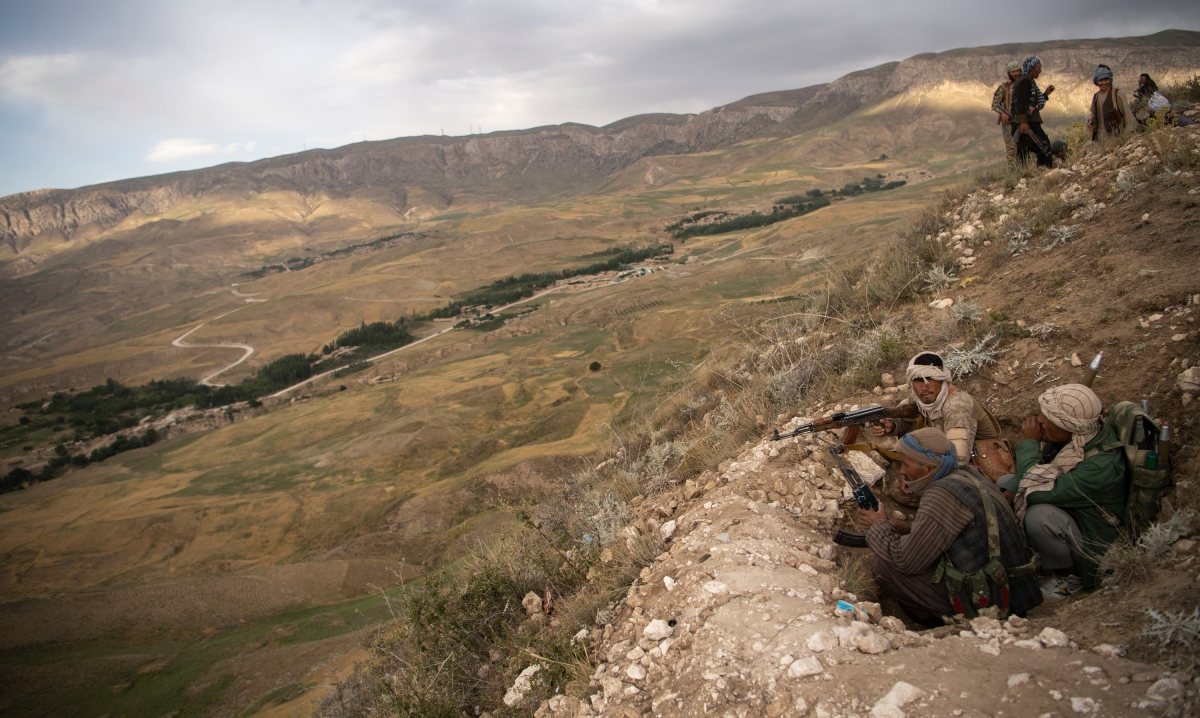
Militia members take their positions in Charkint district on June 29, 2021.
Massoud Hossaini
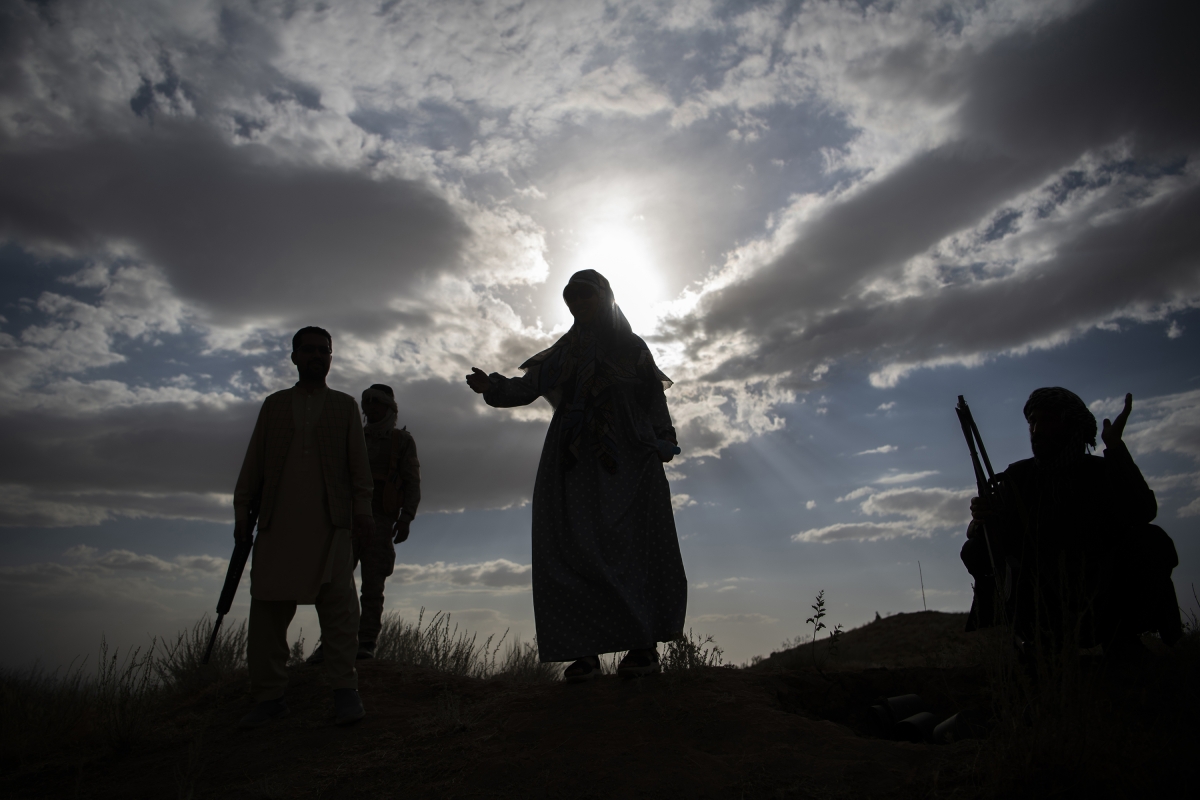
Salima Mazari, center, visits forces in Charkint district on June 29, 2021. Afghanistan’s far north, which had eluded the Taliban’s grasp during the group’s previous reign from 1996 to 2001, is now firmly in its control.
Massoud Hossaini
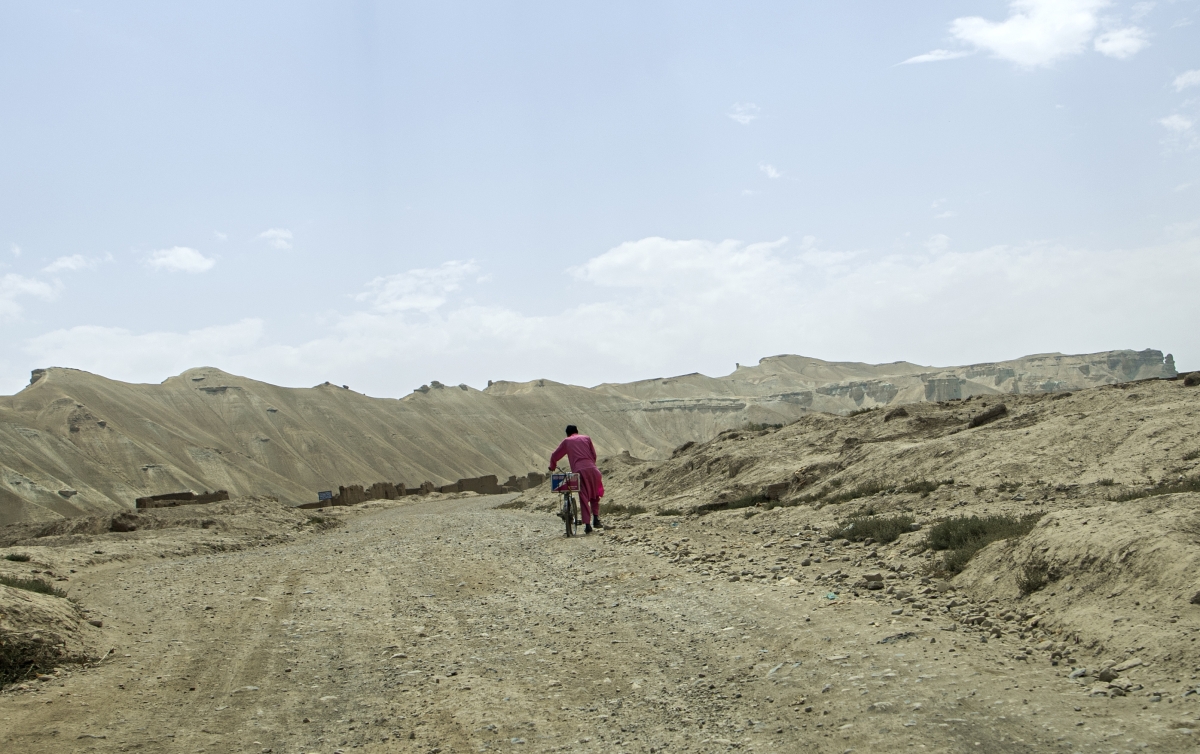
An Afghan man walks his bicycle down a barren path in Charkint district on June 29, 2021.
Massoud Hossaini
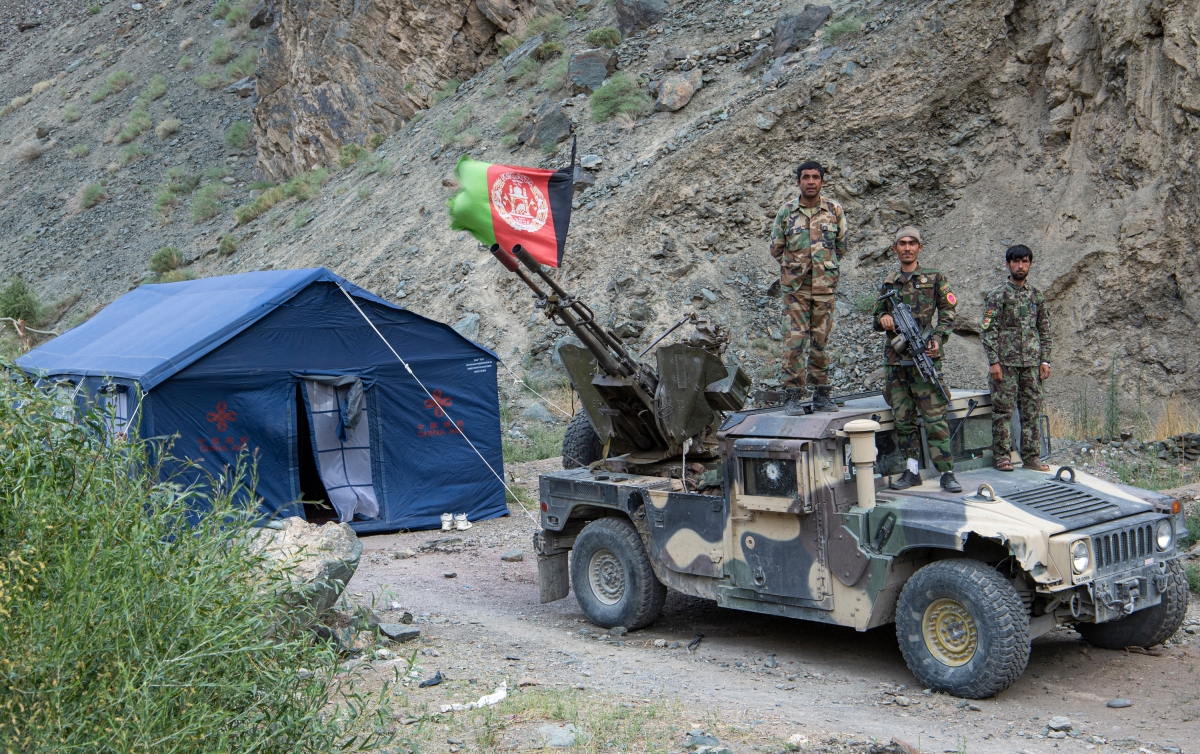
Afghan government forces spent their last months in power resisting incursions from the Taliban. In this photo, military police officers in Bamyan province pose for a picture in Du Ab village, located in the mountainous Shibar district some 65 miles northwest of Kabul on July 18, 2021, the day of a Taliban retreat.
Massoud Hossaini
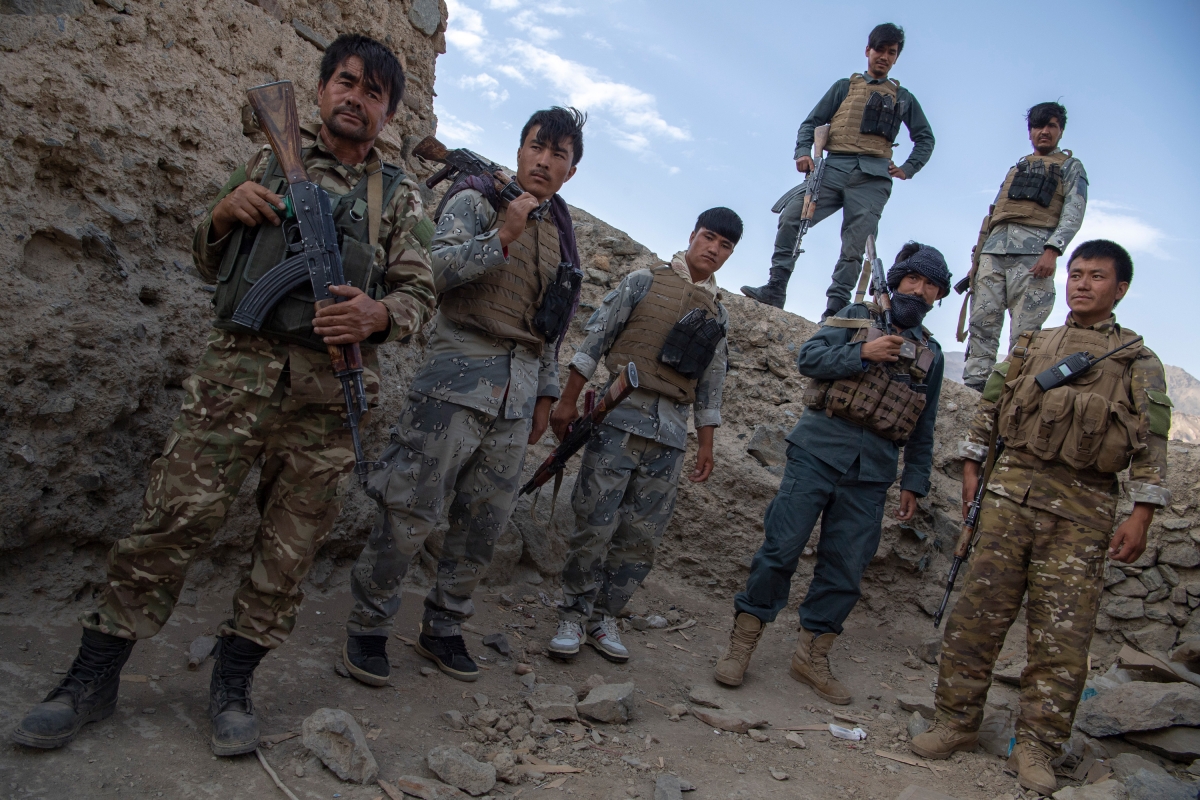
Afghan military police officers stand on a hilltop in Ghandak village, Shibar district, in Bamyan on July 18, 2021. Bamyan, in central Afghanistan, is most famous as the home of ancient Buddha statues destroyed by the Taliban in 2001.
Massoud Hossaini
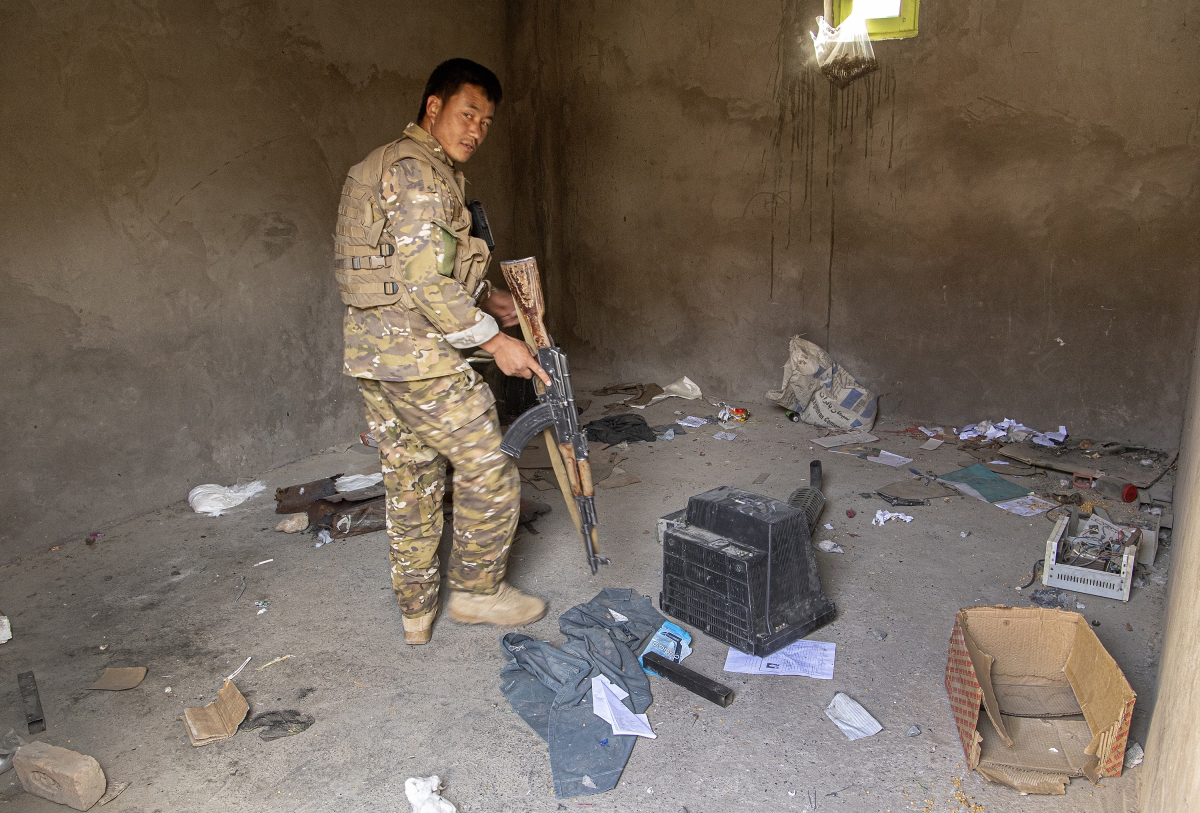
A Bamyan police soldier examines a room looted by Taliban forces at a police base in Ghandak village on July 18, 2021.
Massoud Hossaini
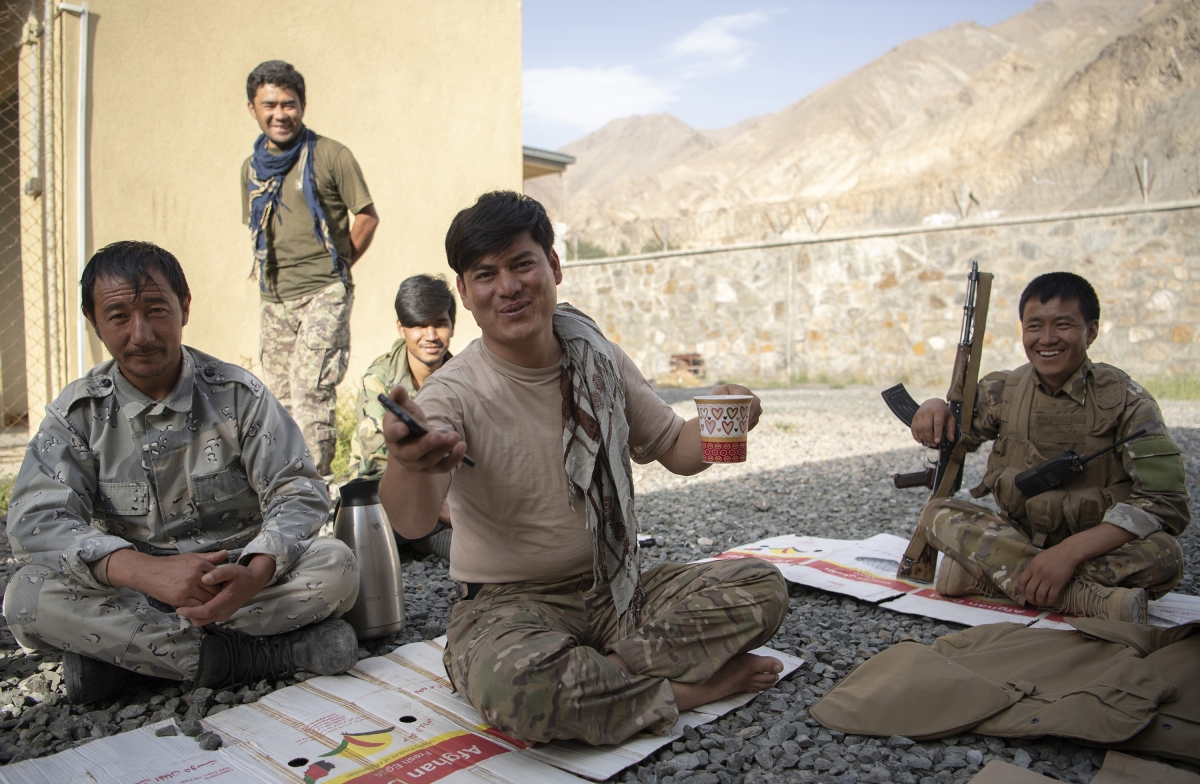
Afghan police officer Bismullah Shahidani, center, speaks to journalists at a police base in Ghandak village on July 18, 2021.
Massoud Hossaini
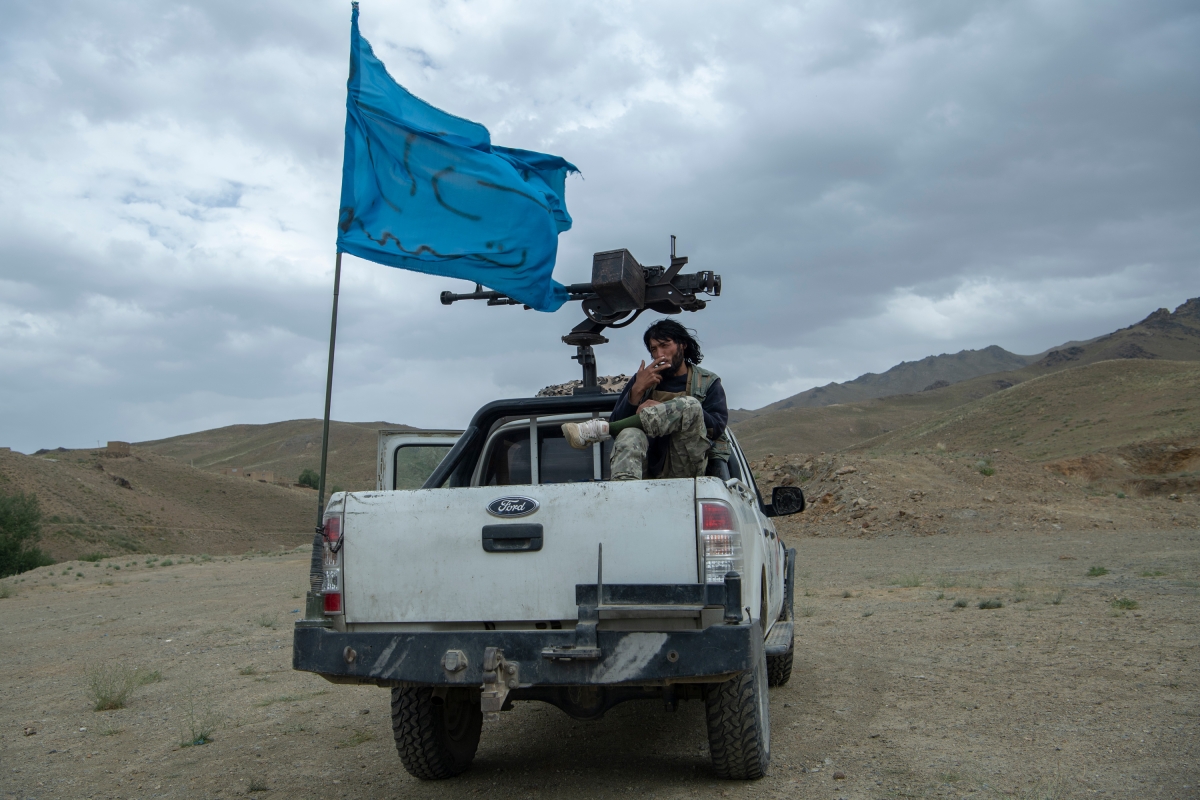
A militia member from Afghanistan's Hazara ethnicity, a group that faced extreme persecution under the previous era of Taliban rule, smokes a cigarette while on patrol in Wardak province, central Afghanistan, on July 19, 2021.
Massoud Hossaini
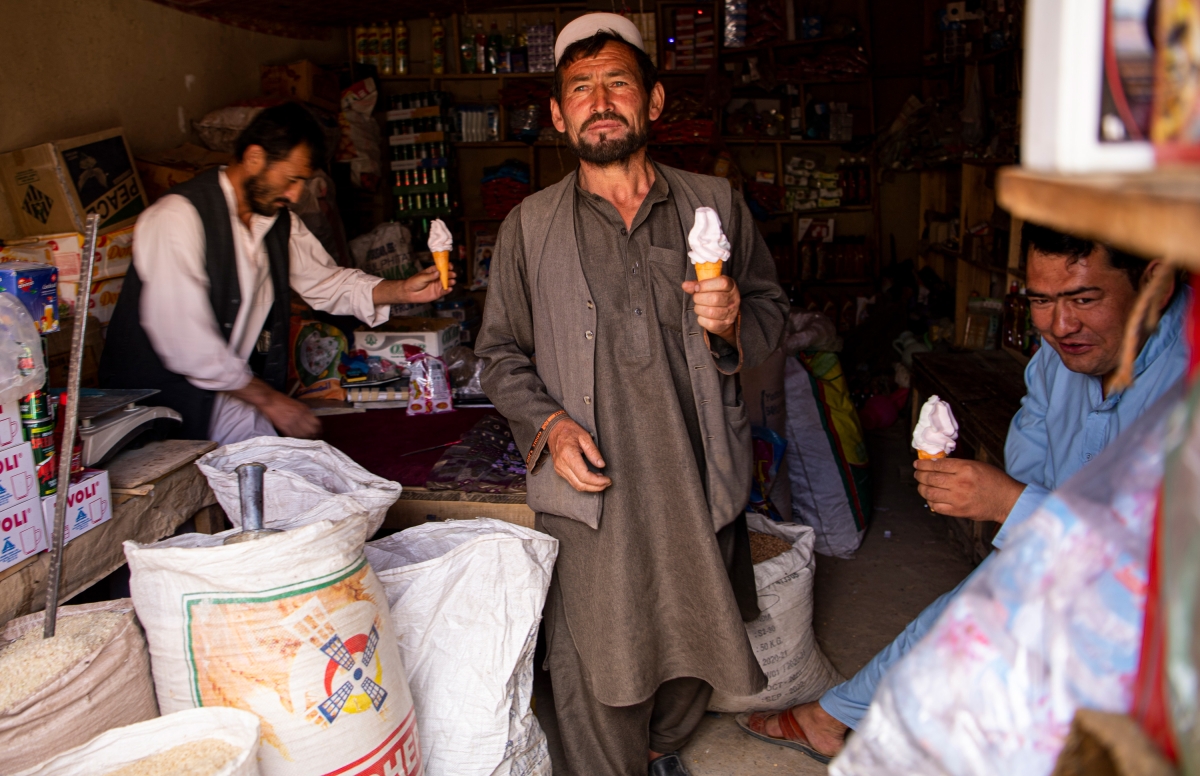
Men eat ice cream in a shop in Bamyan province’s Saighan district, located in Afghanistan’s central highlands, three days after the Taliban's retreat on July 21, 2021.
Massoud Hossaini
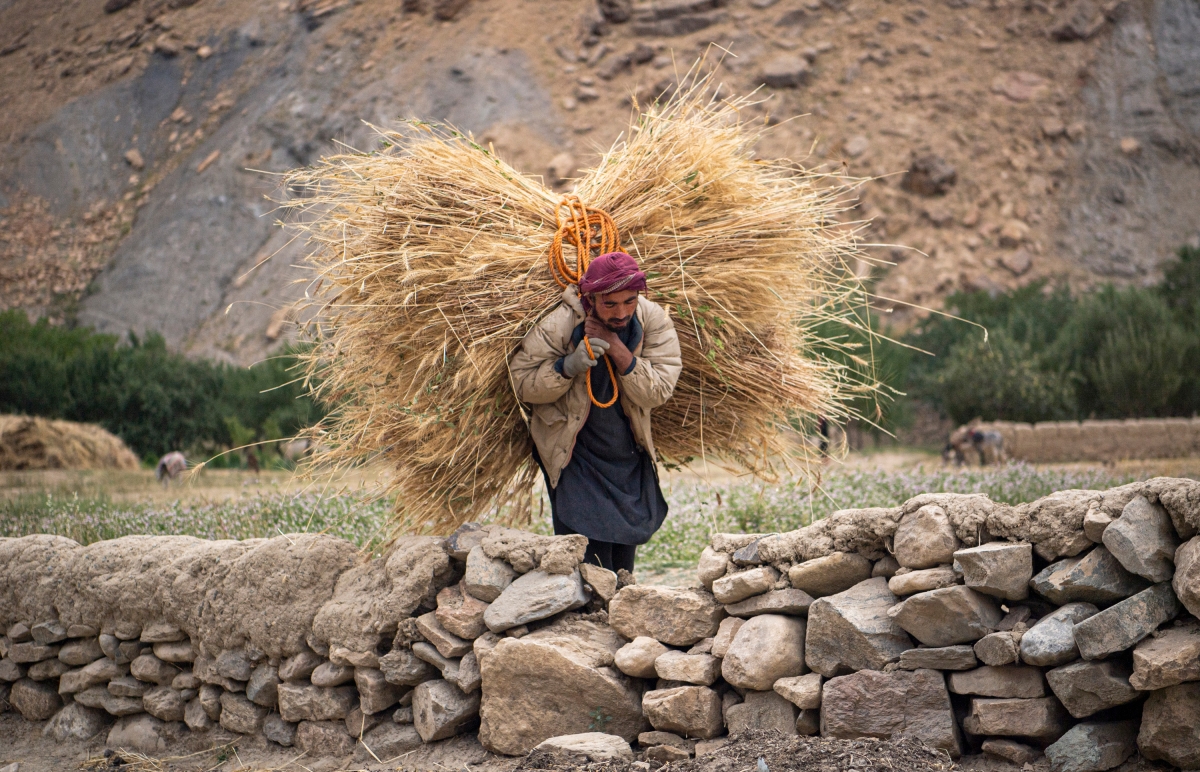
A farmer carries wheat in Saighan district on July 21, 2021
Massoud Hossaini
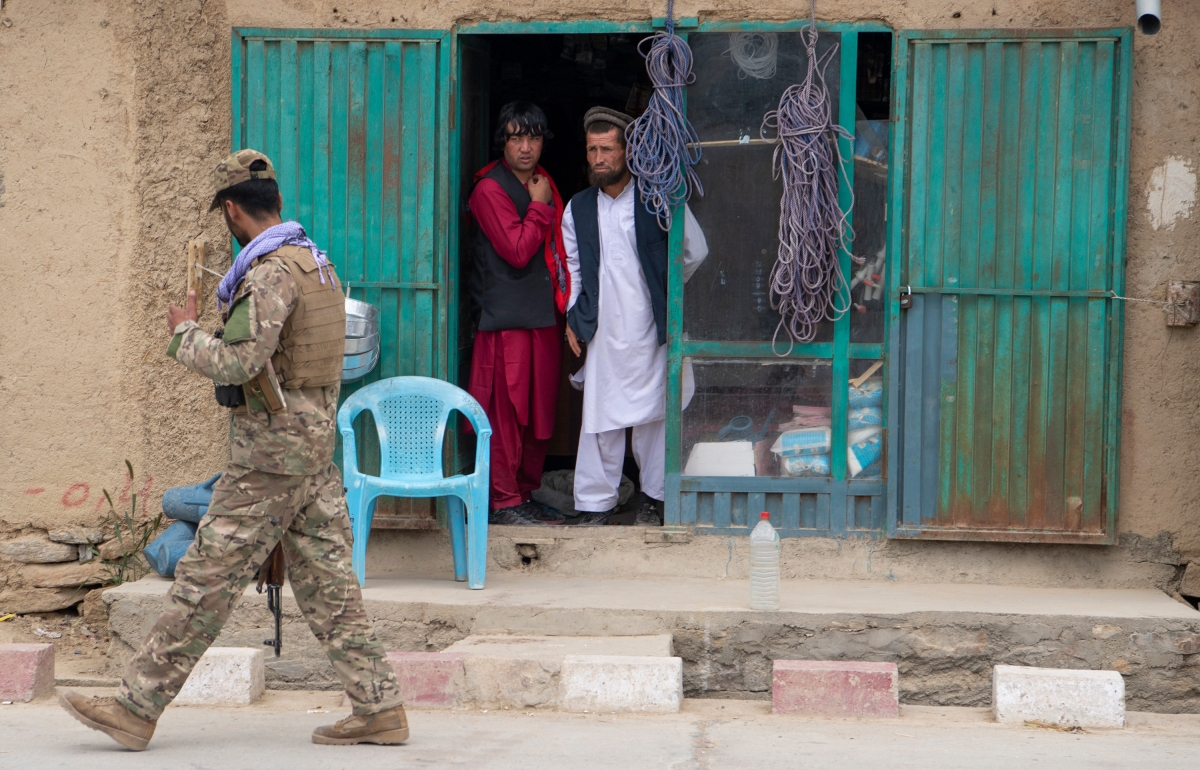
An Afghan military policeman walks past a local shop in Saighan district on July 21, 2021
Masoud Hossaini

Militia leader Ismail Khan prays at his fortified command headquarters during a clash with Taliban insurgents in Herat, Afghanistan, on August 2, 2021. Khan, 75, commanded a 2,000-member civilian militia who fought the Taliban in the absence of regular Afghan security forces.
Massoud Hossaini
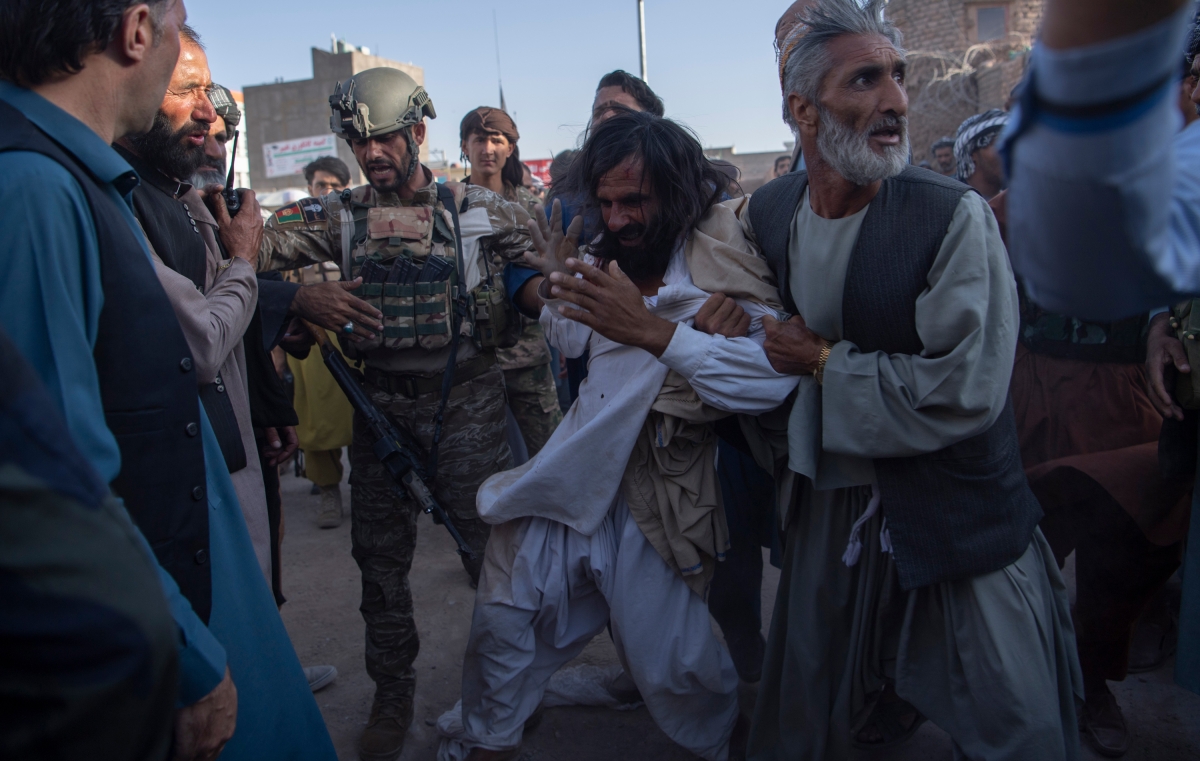
A member of the Afghan military tries to intervene as a militia member detains and beats a suspected Taliban insurgent in Herat on August 2, 2021. Militias emerged to fight the Taliban in places where Afghan security forces were insufficient.Security forces who were there reported being powerless to prevent the militia members from violently attacking the Taliban.
Massoud Hossaini
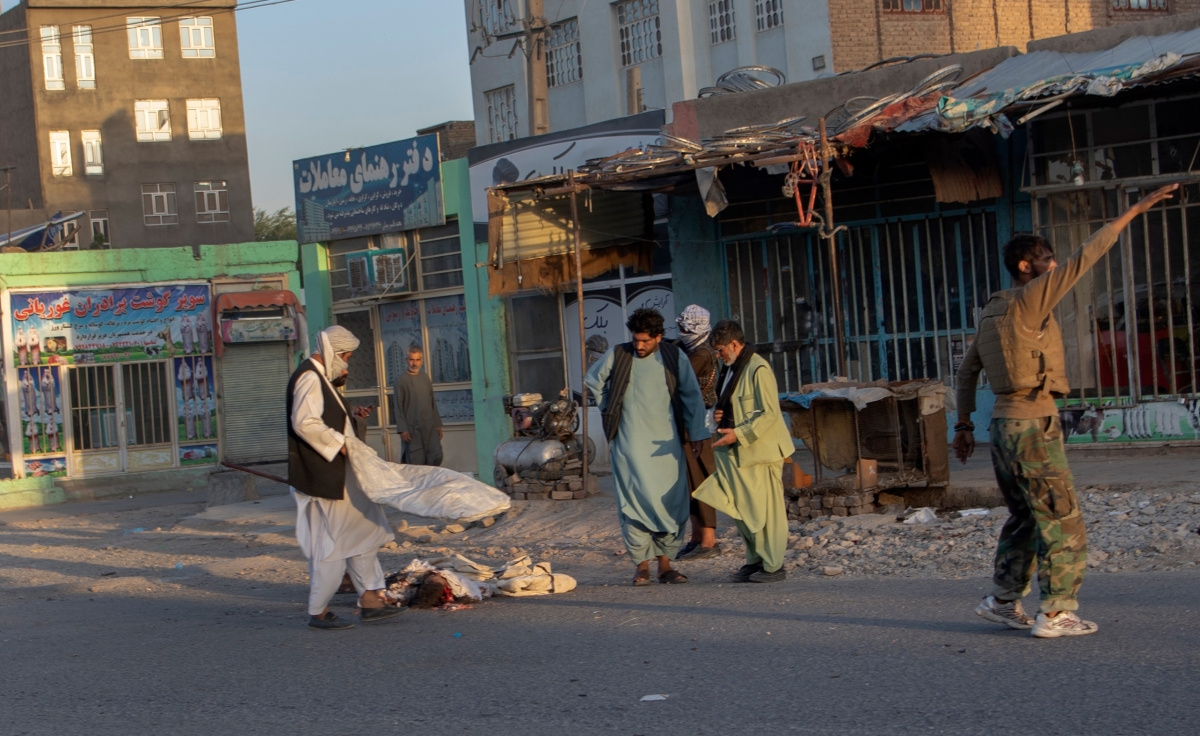
A militia member covers the dead body of the alleged Taliban insurgent, who was killed by a mob with their fists, their feet, and the butts of their rifles. Human rights activists fear that heavily armed civilian militias could hasten civil conflict in the aftermath of the Taliban’s takeover of Afghanistan.
Massoud Hossaini
